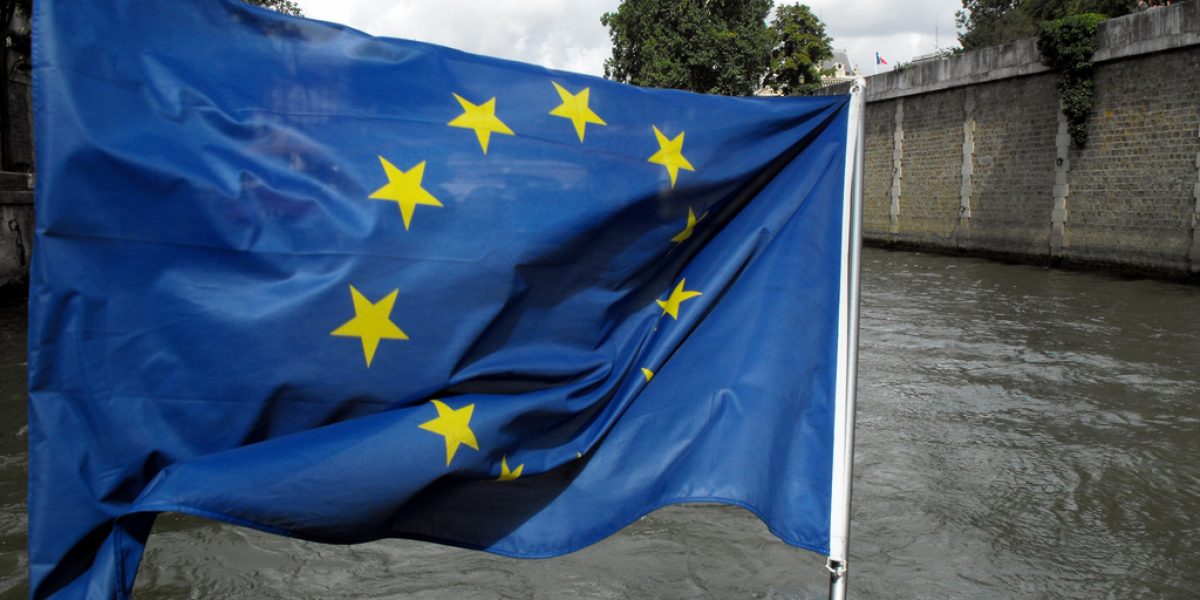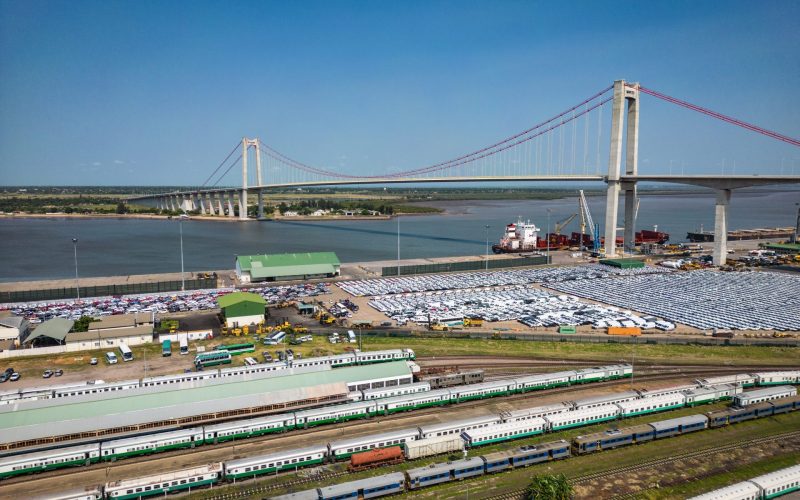Called economic partnership agreements (EPAs), these are ordered in a series of regional processes, with the EU playing “hub” to six ACP regional “spokes”, four of which are in Africa.
EPAs are projected to replace the ACP groups’ historical reliance on EU trade preferences, through establishing reciprocal trade arrangements. World Trade Organisation (WTO) members granted the EU a grace-period or “waiver” from the WTO’s rules in 2001, to phase in WTO-compatible arrangements. The waiver expires at the end of this year, so by January next year EPAs must be in place or the current preferential access regime, known as the Cotonou partnership agreement, will be vulnerable to challenge.
This is of great consequence for Africa, reliant as it is on exports of various commodities to the EU under the Cotonou agreement.
The agenda includes just about everything comprising a modern reciprocal trade negotiation such as trade in goods, services, and intellectual property rights.
This agenda’s breadth is one of the most significant sources of tension, in the light of the fact that chunks of it (the “Singapore issues”) were rejected by the Africa group and other developing countries in the WTO.
The other source is the future of the EU’s development assistance package for the ACP, and the extent to which it will be linked with EPA outcomes. Unlike most civil society activists I am in favour of a broad and liberalising agenda, under certain conditions.
The economics, rooted in well-known African development challenges, point convincingly to this. Broadly, there are two agendas: supply-side constraints, and trade constraints. The former consists of a host of infrastructure needs: physical, institutional, financial, and technological.
Solving them will take time, direct investment (especially foreign), appropriate regulations and implementation thereof, and money. The same logic applies to the litany of constraints traders encounter in doing business on, with, or from the continent.
The two agendas are intimately connected and need to be tackled comprehensively.
The EU could play a stronger role in addressing this agenda through greater direct investment and more focused and responsive development assistance.
This needs to be matched by import liberalisation on the African side. Europe produces a host of productivity-enhancing and consumer goods Africa requires on which it makes no economic sense to impose duties.
Many African states depend on import tariffs for state revenues, so a tariff liberalisation package must be carefully designed; but this caveat does not undermine the broader economic case.
Beyond historical relationships and the “feel good” factor, can a business case be made for significantly increased European foreign direct investment (FDI) into the continent, beyond resource extraction? It hinges on significant regulatory upgrading and economic liberalisation in African states.
There is of course no guarantee that FDI will flow based on these conditions being met; hence they are best thought of as necessary, not sufficient, preconditions.
Nonetheless, in my view the broad EPA agenda is appropriately framed. Yet the details, especially regarding the many regulatory issues within the broad agenda, are important.
In general, though, I think the regulatory agenda should not intrude unduly into African states’ policy space. The key question is what might “unduly” mean in different contexts?
Critically, the regulatory issues must be related to the capacity of African states to negotiate EPAs, but more importantly to implement negotiated outcomes.
This should determine the overall scope of negotiations and commitments, and the manner in which they are sequenced. The overarching goal for African negotiators should be to establish a realistic (implementable), and modernising regulatory agenda that extends and locks in reforms, backed up by requisite resources or an “aid for trade” agenda.
Metaphorically-speaking African EPAs should be Toyotas, rather than Lexus’s. And therein lies the rub(ber): the EU insists on a Lexus in the face of widespread African opposition, while conditioning the aid for trade agenda on Africans “purchasing” the Lexus.
This is a recipe for entrenching drip-feed dependence on aid. And the EU holds almost all the negotiating cards: market power ; financial power; and negotiating muscle. Hence it is likely that African countries will sign up.
For EPAs to be truly developmental, EU negotiators should listen to their African counterparts and agree to properly sequence the broad agenda to African capacities.
That means concluding the core goods market access deal first. Then the complex regulatory agenda should be tackled piecemeal, in tandem with a targeted resource package, to enable fragile societies and stretched negotiators to properly digest its contents before making commitments. Is Brussels listening?








